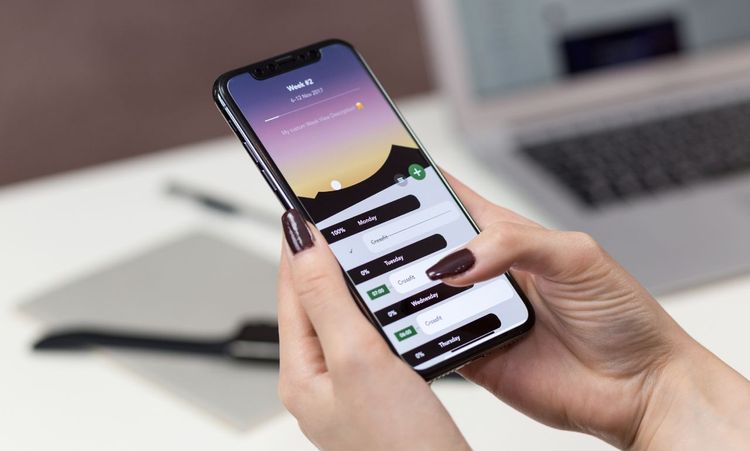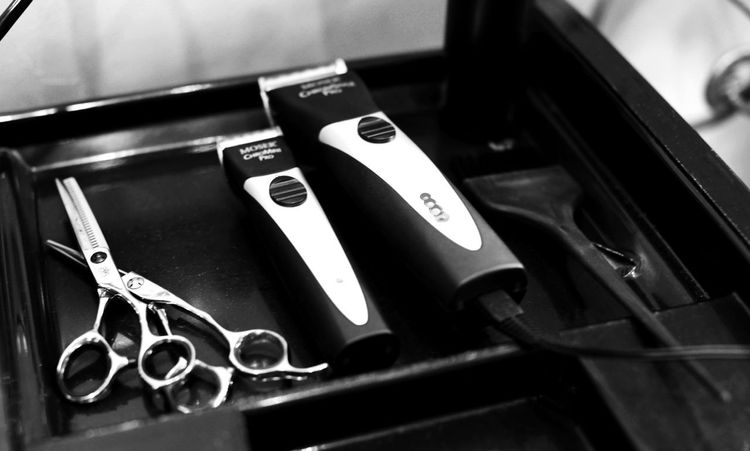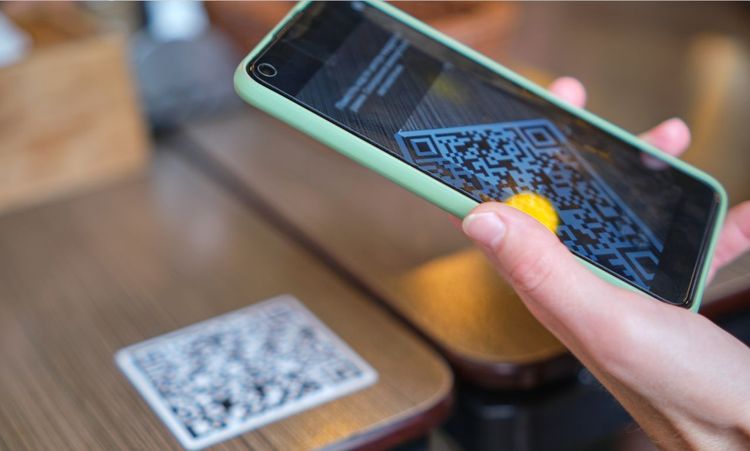Ever notice how your phone seems glued to your hand throughout the day? I certainly have. Our smartphones have become constant companions; sometimes, that relationship gets too intense. I've found that even short breaks from my device can create surprising shifts in my mental state. Let me share some practical ways to make healthy boundaries with your smartphone and why these small changes can lead to significant mood improvements.
Tips for Scaling Back Your Smartphone Use
Creating distance from your phone doesn't require drastic measures. Small, consistent changes can make a meaningful difference in how you feel daily.
Take Short Breaks
Start small. I've made it a habit to leave my phone in another room during dinner, and I'm amazed at how this tiny change has improved my evening conversations. Try putting your phone away for 30 minutes daily and notice how it affects your attention and mood.
Short breaks give your brain a chance to reset from the constant stimulation of notifications and scrolling. Even brief moments away from your device can reduce the mental load of perpetual connectedness.
These mini-detoxes aren't self-punishment; they're opportunities to experience the world around you more intensely. The restaurant meal tastes better, the conversation is freer, and you might even notice details in the surroundings that would otherwise have escaped you.
Consider a Digital Detox
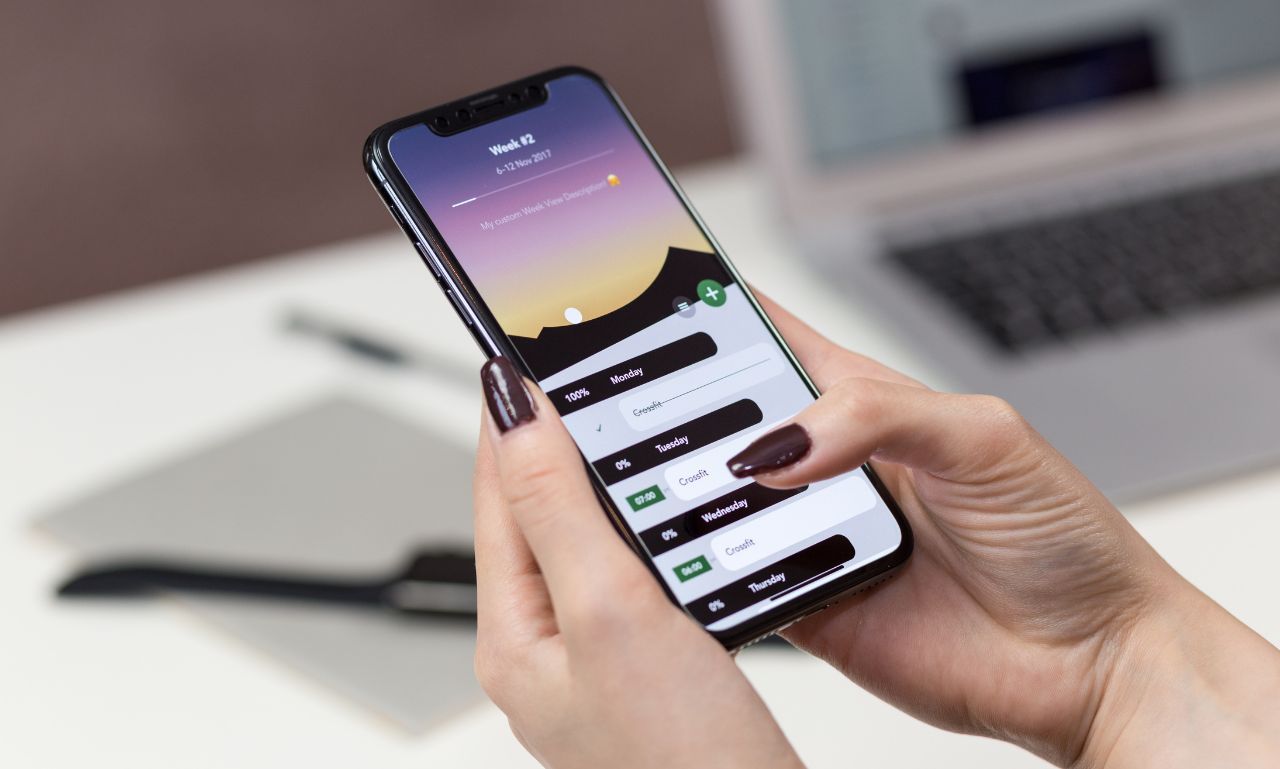
Spend a weekend without your phone for a reboot that is even deeper than that. I kept mine behind for a brief camping trip a few years ago. That awkwardness dissipated into a liberty I had not known in decades.
A digital detox need not be extreme. Even maintaining phone-free Sundays or nights can create space for your mind to relax. During these hours, you can find old passions, have deeper conversations, or enjoy the silence that comes with fewer digital distractions.
The key is setting boundaries and letting others know. Let friends and family members know you'll be less available during certain times, which manages expectations and reduces the stress of not being available.
Manage Notifications
Take control of what demands your attention. Do you really need to know immediately when someone likes your photo? I've turned off notifications for most apps, keeping alerts only for calls, texts from close contacts, and essential work communications.
The constant ping of notifications creates a state of divided attention, even when you're not actively using your phone. Each alert pulls you out of the present moment and into your digital world, fragmenting your focus and increasing stress levels.
Curating which apps can interrupt you can help you regain control over your attention. This simple change can lead to longer periods of focus, more presence in your daily activities, and reduced feelings of overwhelm.
Try a Dumb Phone
Some people find that carrying a simpler phone during weekends or vacations provides the safety net of staying connected while removing the cognitive burden of constant internet access. The physical separation from your smartphone can be surprisingly refreshing.
Today's market offers several "minimalist phones" designed specifically for people looking to reduce screen time while maintaining essential communication. These devices provide a middle ground between complete disconnection and the overwhelming features of modern smartphones.
Pick Up a New Phone-Free Activity
Fill the void left by reduced phone time with activities that engage your mind differently. Reading physical books, taking up sketching, or learning an instrument creates fulfilling alternatives to scrolling.
Engaging in activities that require full attention naturally reduces the urge to check your phone. These activities also produce a sense of flow and accomplishment that scrolling mindlessly through social media rarely offers.
I started taking phone-free evening walks, and it made a difference immediately. Without the distraction of podcasts or music, I heard the sounds of the neighborhood, breathed in the night air, and returned home with a lighter mind. These simple pleasure-inducing activities can significantly shift your mood.
Is It Good to Take a Break From Your Phone?
The short answer is a resounding yes. Research consistently shows that reducing smartphone use can decrease anxiety and improve overall well-being. But what exactly happens when we step away from our devices?
If we continue to check our phones constantly, we train our brains to seek out the tiny hits of dopamine that come with each alert or social media update. This creates a habit of distraction and reward-seeking behavior that is difficult to reverse.
Taking breaks disrupts this pattern, allowing our brains to reset and find satisfaction in other activities. Even short periods away from your phone can help rebuild attention spans and reduce the compulsive urge to check for updates.
Regular phone breaks also improve sleep quality. Screens emit blue light that interferes with melatonin production, making it harder to fall asleep. Putting your phone away an hour before bedtime can lead to more restful sleep and, consequently, a better mood the following day.
How Do Phones Affect Your Mood?
Our relationship with smartphones is complex, offering both connection and isolation. Studies have found correlations between heavy smartphone use and increased symptoms of depression and anxiety, particularly among younger users.
Social media platforms, which we access primarily through our phones, can trigger feelings of inadequacy as we compare our lives to the carefully curated highlights of others. The constant availability of often hostile news creates a background level of stress that many of us don't even recognize until it's removed.
Excessive phone use can also contribute to physical discomfort, including eye strain, neck pain, and headaches, which impact mood. The sedentary nature of prolonged phone use reduces physical activity, one of the most effective natural mood boosters.
Perhaps most significantly, our phones can distract us from meaningful in-person connections. Real-life interactions provide emotional benefits that digital communications simply can't replicate, no matter how many emojis we use.
Why Is Turning Off Your Phone Good for Your Mental Health?
Turning off your phone creates space for mental processing. Our brains need downtime to consolidate memories, process emotions, and make connections between ideas – functions that constant input from our devices can disrupt.
Without the stream of notifications and information, your mind can wander productively. This "default mode" of thinking often leads to creative insights and solutions to problems that focused attention might miss.
Disconnecting reduces the pressure of constantly being "on." The need to respond to every message immediately creates low-grade but sustained stress. Setting boundaries around your availability respects your psychic space and also permits other people to understand when they will be able to reach you.
Phone-free time allows for more mindful engagement with your surroundings. Whether enjoying a meal, spending time with loved ones, or simply walking, the entire presence enhances the experience and contributes to a more positive mood.
Can Your Smartphone Infer Your Mood?
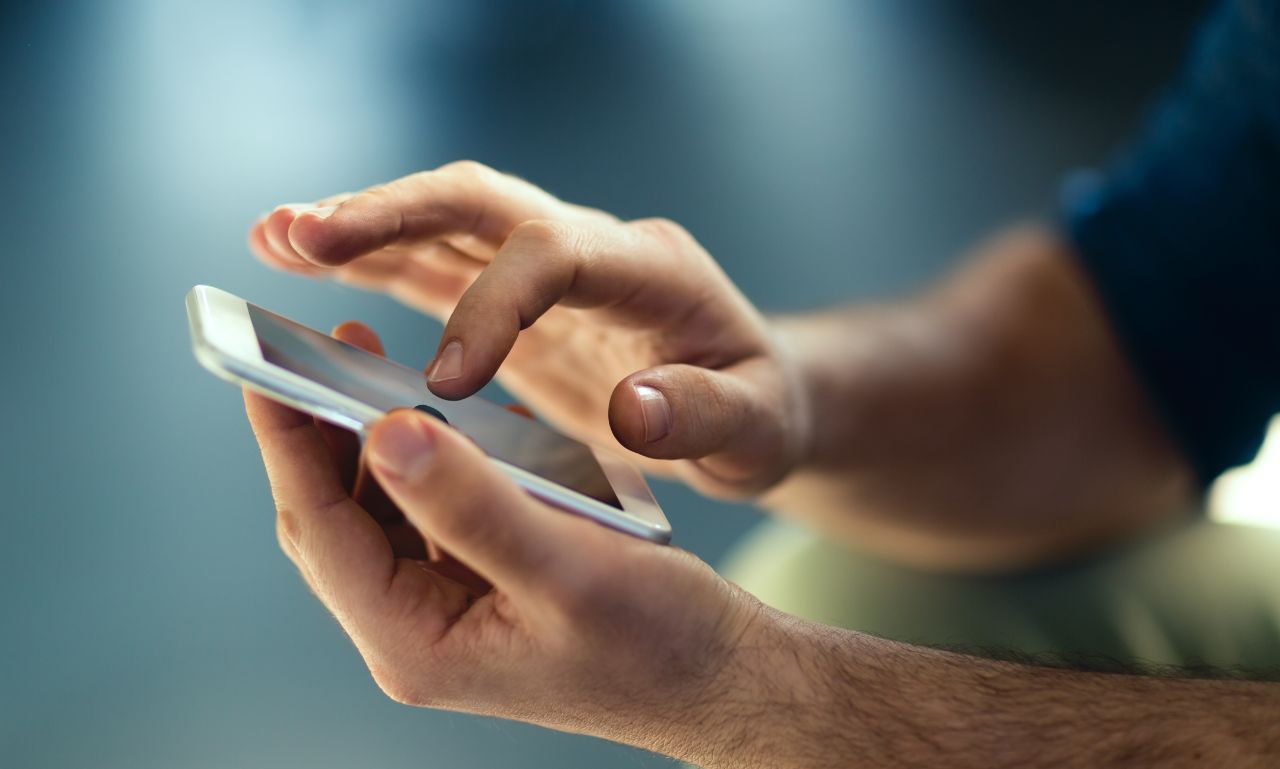
Ironically, as we discuss taking breaks from our phones, technology is becoming increasingly sophisticated at reading our emotional states. Modern smartphones can track patterns in our usage, typing speed, app choices, and even facial expressions to make inferences about our moods.
While this technology may help identify mental health concerns, it also raises questions about privacy and the increasing intimacy of our relationship with devices. Does our phones' ability to "know" our emotional states make them harder to put down?
The development of mood-detection features shows how deeply our devices are embedded in our emotional lives. Such growing embedding makes deliberate separation even more imperative to maintain psychological autonomy.
Rather than letting your phone tell you how you're feeling, taking frequent breaks can enable you to become more emotionally intelligent and skilled at self-regulation.
Finding Balance in a Connected World
These devices offer so many wonderful advantages, from staying in contact with distant family and friends to information and services that enrich our lives. The challenge is how to achieve a nice balance.
Intentional phone disconnections can provide the space needed to evaluate your relationship with technology. Are you using your phone as a tool that adds value to your life, or has it become an autopilot activity that occupies all of your dead time?
By creating boundaries around phone use, you reclaim control over your attention and, by extension, your mood. Even modest changes – like not grabbing your phone as soon as you wake up or designating phone-free zones in your house – can lead to measurable improvements in mental clarity and emotional well-being.
Conclusion
Our cell phones give us unparalleled convenience and access, but their ubiquitous stimulation is detrimental to our mental health. Taking even short breaks from them gives our minds a chance to unplug, reboot, and live more richly in the world. Balance is not about rejecting technology altogether. Instead, it is about paying attention to when and how we use our devices, keeping them aligned with our improvement and not otherwise. In an always-on world, sometimes the very best thing that we can possibly do is disconnect – or at least disconnect for a little while.
